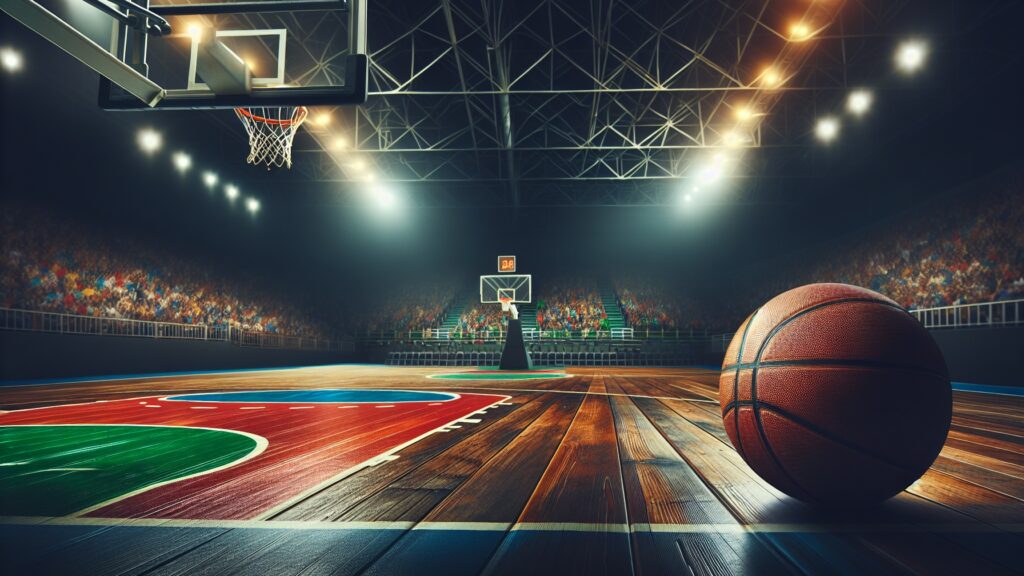More than 80 percent of U.S. sports bettors believe professional athletes alter how they play to influence the outcome of bets, according to new research by data, analytics and research group YouGov.
The findings come in the wake of the October FBI arrests of Miami Heat point guard Terry Rozier and NBA coach and former player Chauncey Billups–alongside 32 others, including 13 New York Mafia members–in an explosive match-fixing and illegal poker investigation that has attracted international attention and reignited questions regarding sports integrity and the impact of legalised betting.
Collected from 19,000 U.S. citizens in the days following the arrests, the results reveal scepticism towards both professional athletes and the betting industry.
Interestingly, they also show that, while trust has been shaken, reputational damage to most top-tier US betting brands remains limited – except for DraftKings and FanDuel, with more of the US public now viewing the two market leaders negatively rather than positively.
Widespread Mistrust

YouGov found that 65 percent of Americans (bettors and non-bettors) believe that professional athletes alter how they play to help gamblers win sports bets.
Broken down, 13 percent said they think athletes often alter their play, 32 percent thought they did it sometimes and 19 percent said match-fixing behaviour happened rarely.
Only six percent of Americans believe athletes never alter how they play to help sports gamblers win bets, while 29 percent were not sure.
However, the survey’s sample was made up of over 70 percent non-bettors, as only 28 percent of respondents said they had gambled on sports.
Bettors More Distrustful
The survey noted “a notable disparity in perceptions between the general U.S. population and sports bettors regarding whether professional athletes alter their play to influence gambling outcomes, with sports bettors being more distrustful”.
According to the survey’s results, 32 percent of the general population believed athletes altered their play “sometimes”. For bettors, this rose to 38 percent.
Some 18 percent of sports bettors think it happens “often”, compared to just 13 percent of the general population.
Combining the results for sports bettors (those who said often, sometimes, or rarely”, the data shockingly revealed that more than 80 percent of U.S. sports bettors believe athletes alter how they play because of sports betting.

Impact On Betting Brands
Looking into brand reputation, YouGov found that most leading U.S. sports betting brands experienced only marginal year-on-year declines, with the majority of the general public maintaining an overall positive public image.
The net reputational score is the difference between the percentage of respondents who said they would be proud to work for a company and those who said they would be embarrassed to do so. Across the top 10, reputation fell by an average of 1.1 percent, but that includes outliers, DraftKings and FanDuel.
Both market leaders, DraftKings and FanDuel, saw a 3.1 percent year-on-year decline, with overall attitudes turning negative towards both companies. Net reputation scores for the two brands fell into the red, with 3.5 percent and 3.4 percent more respondents saying they would be embarrassed rather than proud to work for them.
Betway was the only U.S. sports betting company to record an improvement, and even that was a modest 0.1 percent increase.

Brand Integrity
YouGov recorded “a significant disparity in perceptions between sports bettors and the general U.S. population regarding the impact of legalised gambling on sports”.
When asked if betting had a positive or negative impact on sports, 24 percent of bettors said that it was positive. Only 9 percent of the general population shares this sentiment.
Almost half (44 percent) of the general population believes legalised gambling hurts sports, compared to 31 percent of sports bettors.
Those involved in sports betting have a more favourable view of its effects on sports than the broader public, though even sports bettors are more likely to think it’s harming sports than helping.
These results highlight just how much work regulated sportsbooks and professional sports leagues have to do to rebuild public trust and strengthen integrity following major scandals.
Still, with most major brands viewed positively, they remain well-positioned to lead that change. And perhaps, for DraftKings and FanDuel, this may even present the opportunity to rebuild trust.




